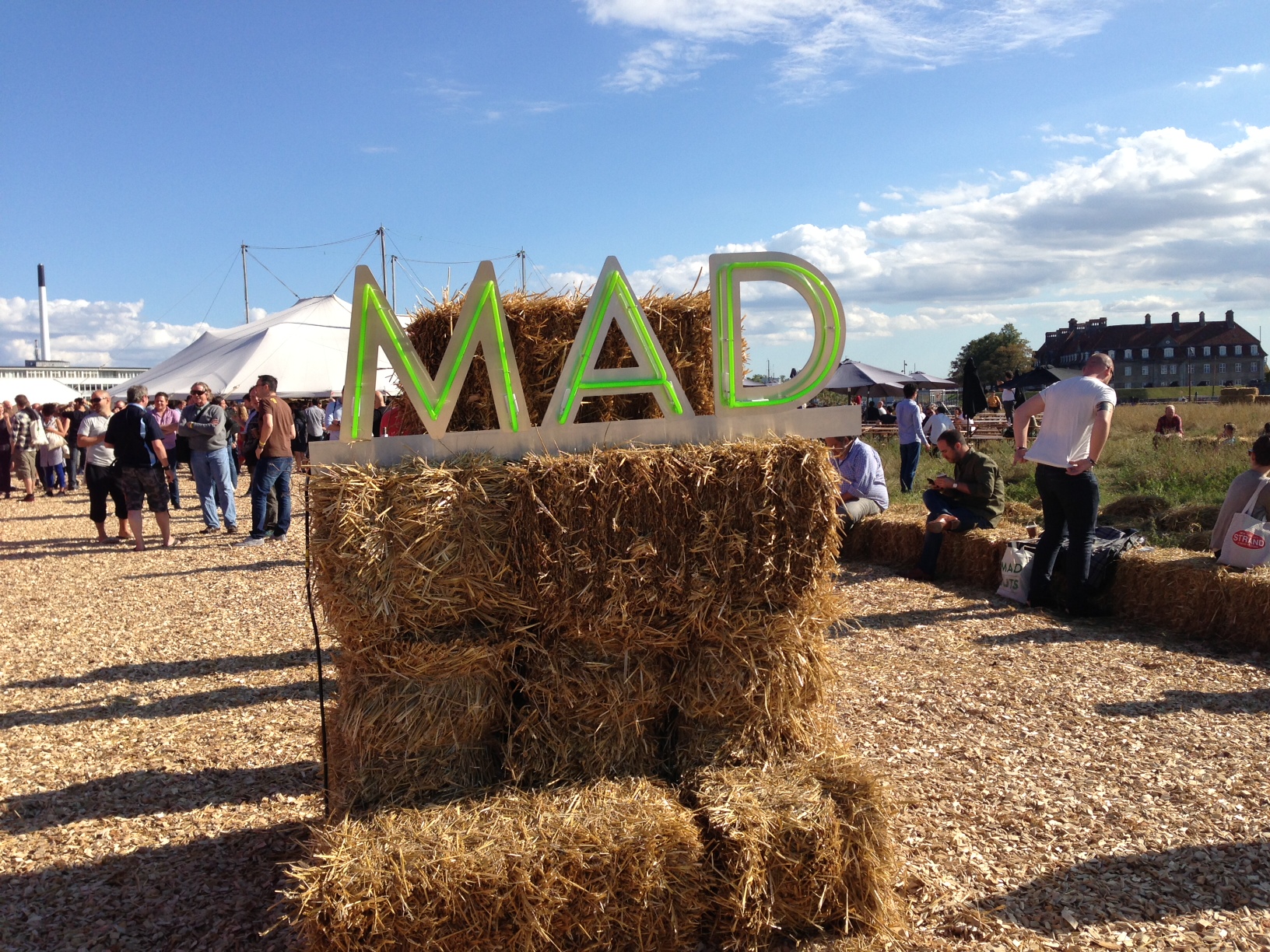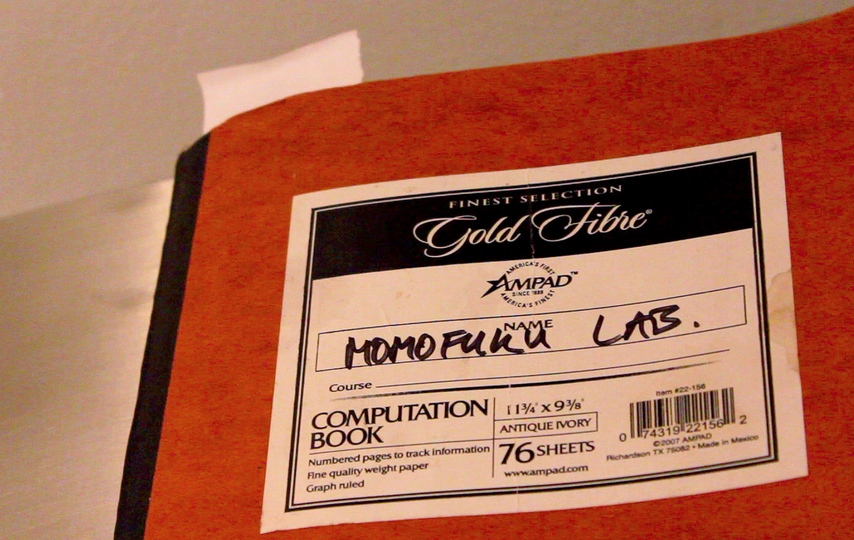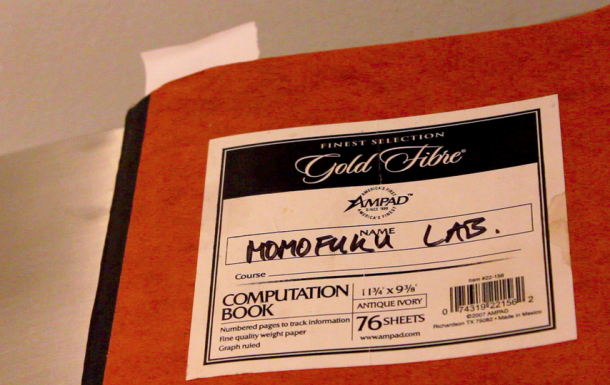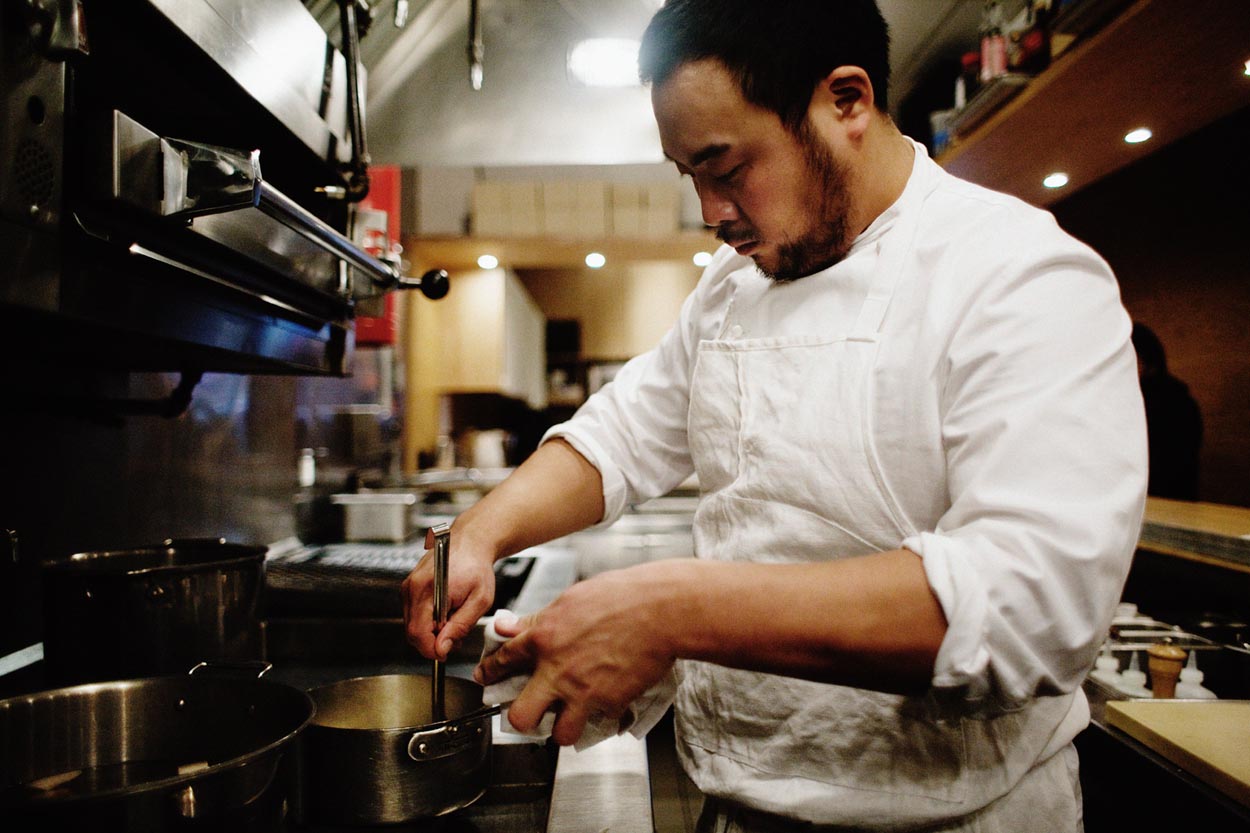Microbes & the Future
The vanillin (major flavor compound in vanilla beans) found in most food products on the market is derived from a three-step synthetic process that converts the molecule guaiacol to vanillin. Both natural and chemical methods for this conversion has shown to be expensive and environmentally burdensome, but biotech company Gen9 is providing a more promising route to synthesize vanillin that begins with glucose, using yeast to “ferment it just like beer.” David Chang of Momofuku and microbiologist Ben Wolfe further elaborate on how microbes may very well be the future of food.
Read more








